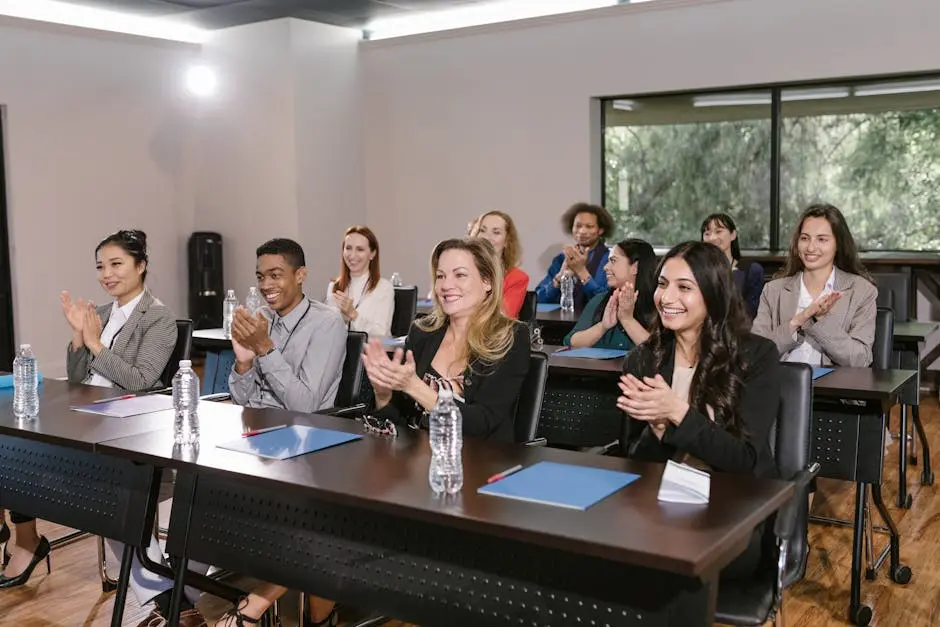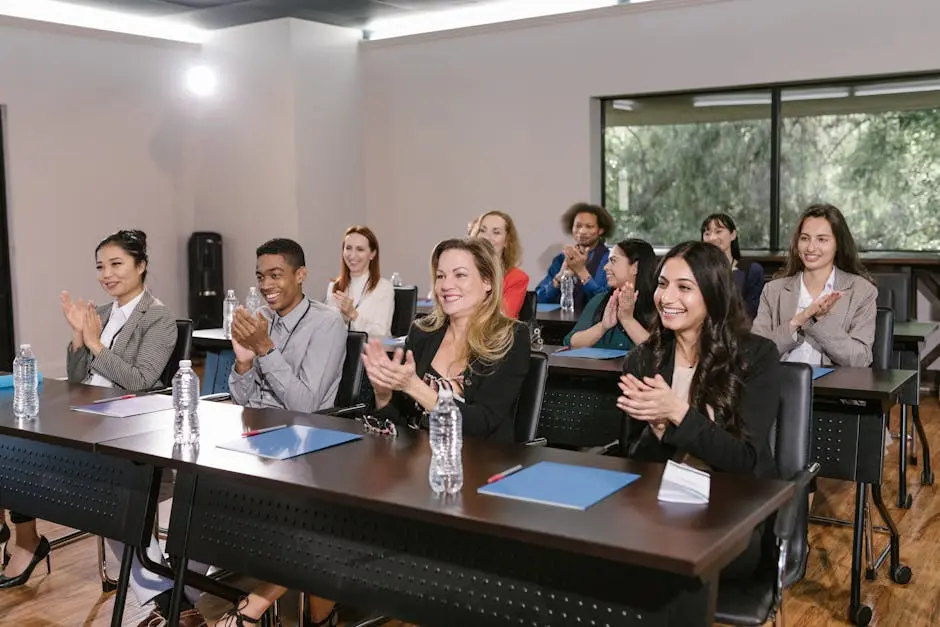Mediation courses online offer a wealth of knowledge and skills crafted to foster effective conflict resolution. These courses are designed to equip individuals with the necessary tools to mediate disputes and bring parties to mutual understanding. Let’s delve into the core skills these courses offer and how they can be practically applied.
The Art of Active Listening
Active listening is a crucial component of any mediation process. Online courses emphasize the importance of truly hearing each party’s concerns and reflecting back their emotions and ideas. This skill fosters trust and opens the door to genuine understanding. In many disputes, parties feel unheard, which can exacerbate tensions. However, through thoughtfully structured mediation exercises, participants can practice listening without interruption, thus validating the speaker’s emotions and viewpoints.
An often overlooked aspect of active listening is the use of nonverbal cues. Mediators learn to pick up on body language that speaks volumes beyond words. Eye contact, nodding, and an open posture are subtle signals that assure the speaker they have a captive audience, thereby encouraging more open dialogue. Furthermore, online courses frequently address the art of summarizing and paraphrasing, ensuring that mediators can accurately mirror the essence of what’s being communicated.
Navigating Emotional Dynamics
Mediation courses online teach techniques for managing and navigating the emotional landscapes that accompany disputes. Understanding emotional undercurrents can be key in facilitating a more harmonious mediation process and ensuring that all voices are acknowledged. These courses often incorporate emotional intelligence training as a foundation.
To effectively manage emotions, it’s essential for mediators to remain neutral to not escalate tensions. Many online courses provided strategies to maintain a calm demeanor and offer guidance on defusing highly charged situations. Techniques such as deep breathing and mindful pauses allow mediators to maintain control over their reactions, creating a stable environment for productive dialogue. Moreover, setting ground rules around respectful communication upfront can significantly aid in managing emotional volatility during mediation sessions.
Effective Communication Techniques
At the heart of mediation lies communication. Courses cover a variety of techniques aimed at promoting clear, respectful, and constructive dialogue between parties. These skills empower mediators to convey messages effectively and promote mutual understanding. A key technique is the use of ‘I-statements’ which encourage individuals to express feelings and thoughts without assigning blame, a critical aspect that is central to reducing defensiveness and fostering openness among disputing parties.
Another interesting technique taught involves the strategic use of questioning. By employing open-ended questions, mediators can encourage parties to explore underlying interests and needs. For instance, asking, ‘Can you tell me more about what you are hoping to achieve here?’ as opposed to ‘What do you want?’ fosters a more explorative discussion. Nonviolent communication is also a method frequently covered in these courses, promoting empathy and understanding through structured dialogues.
Developing Problem-Solving Strategies
Mediation is fundamentally about finding mutually agreeable solutions. Online courses focus on problem-solving skills, teaching mediators how to identify interests, generate options, and guide parties towards consensus. The ability to creatively brainstorm solutions without judgment offers a broader perspective and often reveals common ground previously obscured by surface-level conflict.
Negotiation techniques are integral to problem solving in mediation, where the mediator assists in crafting solutions that cater to the needs of both parties. This often involves analyzing compromise strategies and highlighting potential gains rather than losses. By posing hypothetical scenarios and potential outcomes, mediators encourage parties to view solutions through various lenses, paving the way to more innovative, lasting resolutions.
Understanding the Mediator’s Role
A mediator not only facilitates conversation but also manages the process. Courses often detail the responsibilities and ethical standards expected of a mediator, emphasizing neutrality, confidentiality, and respect for all parties involved. This role is about maintaining a balance between assertiveness and empathy, ensuring that discussions stay on track while all voices are equally heard.
Furthermore, the mediator acts as a guide, helping parties to focus on problem-solving rather than dwelling on the past. Understanding the framework of impartiality is vital, as it forms the backbone of any successful mediation. Online courses stress the importance of establishing clear boundaries and understanding when to intervene appropriately, which is essential to the sustainability of the mediation process.
Embracing the Skills of Mediation
In conclusion, mediation courses online provide essential skills that not only enhance your personal and professional life, but also equip you to contribute positively to resolving conflicts around you. Whether you’re looking to improve your communication skills, explore different mediation techniques, or understand the role of a mediator, these courses offer valuable insights and practical applications. Start your journey today by visiting our homepage to learn more about how you can enroll.


